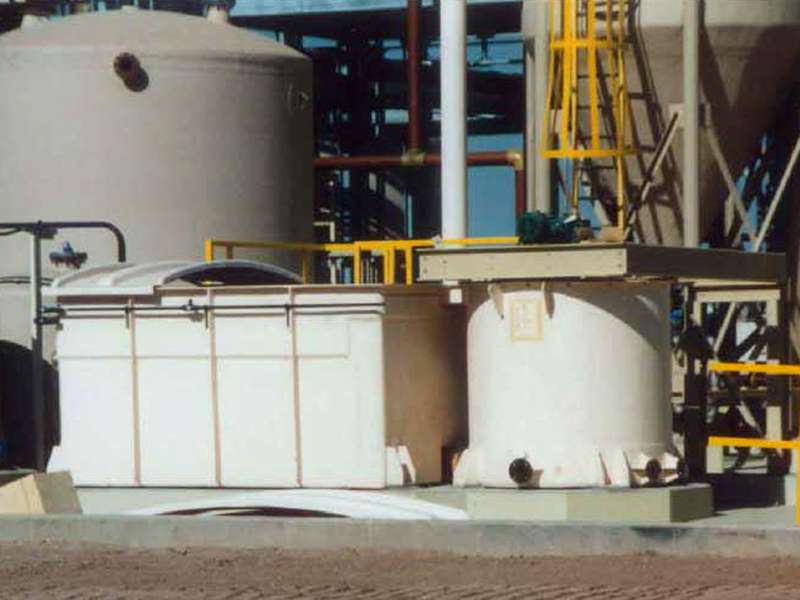
-
 Afrikaans
Afrikaans -
 Albanian
Albanian -
 Amharic
Amharic -
 Arabic
Arabic -
 Armenian
Armenian -
 Azerbaijani
Azerbaijani -
 Basque
Basque -
 Belarusian
Belarusian -
 Bengali
Bengali -
 Bosnian
Bosnian -
 Bulgarian
Bulgarian -
 Catalan
Catalan -
 Cebuano
Cebuano -
 China
China -
 China (Taiwan)
China (Taiwan) -
 Corsican
Corsican -
 Croatian
Croatian -
 Czech
Czech -
 Danish
Danish -
 Dutch
Dutch -
 English
English -
 Esperanto
Esperanto -
 Estonian
Estonian -
 Finnish
Finnish -
 French
French -
 Frisian
Frisian -
 Galician
Galician -
 Georgian
Georgian -
 German
German -
 Greek
Greek -
 Gujarati
Gujarati -
 Haitian Creole
Haitian Creole -
 hausa
hausa -
 hawaiian
hawaiian -
 Hebrew
Hebrew -
 Hindi
Hindi -
 Miao
Miao -
 Hungarian
Hungarian -
 Icelandic
Icelandic -
 igbo
igbo -
 Indonesian
Indonesian -
 irish
irish -
 Italian
Italian -
 Japanese
Japanese -
 Javanese
Javanese -
 Kannada
Kannada -
 kazakh
kazakh -
 Khmer
Khmer -
 Rwandese
Rwandese -
 Korean
Korean -
 Kurdish
Kurdish -
 Kyrgyz
Kyrgyz -
 Lao
Lao -
 Latin
Latin -
 Latvian
Latvian -
 Lithuanian
Lithuanian -
 Luxembourgish
Luxembourgish -
 Macedonian
Macedonian -
 Malgashi
Malgashi -
 Malay
Malay -
 Malayalam
Malayalam -
 Maltese
Maltese -
 Maori
Maori -
 Marathi
Marathi -
 Mongolian
Mongolian -
 Myanmar
Myanmar -
 Nepali
Nepali -
 Norwegian
Norwegian -
 Norwegian
Norwegian -
 Occitan
Occitan -
 Pashto
Pashto -
 Persian
Persian -
 Polish
Polish -
 Portuguese
Portuguese -
 Punjabi
Punjabi -
 Romanian
Romanian -
 Russian
Russian -
 Samoan
Samoan -
 Scottish Gaelic
Scottish Gaelic -
 Serbian
Serbian -
 Sesotho
Sesotho -
 Shona
Shona -
 Sindhi
Sindhi -
 Sinhala
Sinhala -
 Slovak
Slovak -
 Slovenian
Slovenian -
 Somali
Somali -
 Spanish
Spanish -
 Sundanese
Sundanese -
 Swahili
Swahili -
 Swedish
Swedish -
 Tagalog
Tagalog -
 Tajik
Tajik -
 Tamil
Tamil -
 Tatar
Tatar -
 Telugu
Telugu -
 Thai
Thai -
 Turkish
Turkish -
 Turkmen
Turkmen -
 Ukrainian
Ukrainian -
 Urdu
Urdu -
 Uighur
Uighur -
 Uzbek
Uzbek -
 Vietnamese
Vietnamese -
 Welsh
Welsh -
 Bantu
Bantu -
 Yiddish
Yiddish -
 Yoruba
Yoruba -
 Zulu
Zulu
fiberglass products for high temperature
Fiberglass Products for High-Temperature Applications
In various industrial applications, materials used must withstand extreme conditions, including high temperatures, without compromising performance or safety. Among the notable materials employed in such scenarios is fiberglass, an innovative composite material known for its exceptional durability and thermal resistance. This article delves into fiberglass products designed specifically for high-temperature applications, exploring their properties, benefits, and common uses.
Understanding Fiberglass
Fiberglass, or glass-reinforced plastic (GRP), comprises fine glass fibers embedded within a resin matrix. The combination of these materials yields a lightweight yet remarkably strong substance resistant to heat, chemicals, and moisture. Fiberglass comes in various forms, such as woven rovings, chopped strands, mats, and pre-pregs. Each type caters to specific applications, but all share high-temperature stability as a cornerstone of their performance.
High-Temperature Resistance
One of the most significant advantages of fiberglass is its ability to endure high temperatures without degrading. Standard fiberglass can typically withstand temperatures up to 300°F (approximately 150°C) before experiencing deformation or loss of physical properties. Special formulations of fiberglass, particularly those incorporating high-temperature resins, can endure temperatures exceeding 1,000°F (about 540°C). This capability makes fiberglass an ideal choice for environments like furnace linings, high-heat boilers, and other applications where traditional materials would fail.
Benefits of Fiberglass in High-Temperature Applications
1. Thermal Insulation Fiberglass exhibits excellent insulating properties, making it a preferred choice in applications where thermal resistance is key. Its low thermal conductivity helps maintain efficiency and safety in systems that deal with heat.
2. Corrosion Resistance Fiberglass is inherently resistant to a range of corrosive substances, including acids and alkalis. This resistance is crucial in high-temperature environments where chemical reactions may occur, ensuring the material's longevity and reliability.
3. Lightweight and Strong Compared to metals and other materials, fiberglass offers a favorable strength-to-weight ratio. This property not only simplifies installation and reduces transportation costs but also contributes to overall system efficiency.
fiberglass products for high temperature

4. Versatility The adaptability of fiberglass products allows them to be manufactured in various shapes and sizes. Customization to fit specific application requirements enhances their usability across diverse industries.
Applications of High-Temperature Fiberglass Products
High-temperature fiberglass products find applications across various sectors, including
- Aerospace In the aerospace industry, fiberglass components are used in high-heat environments, such as engine compartments, due to their heat resistance and lightweight design.
- Automotive Fiberglass is widely utilized in automotive manufacturing, particularly for parts exposed to high temperatures, such as exhaust systems and engine covers. The material's ability to reduce weight without sacrificing durability contributes to fuel efficiency.
- Industrial Equipment Equipment such as ovens, kilns, and reactors frequently incorporate fiberglass insulation to manage heat loss and protect workers and machinery. These applications not only enhance safety but also improve energy efficiency.
- Construction In the construction industry, fiberglass-reinforced pultruded products are used in high-temperature pipes and ducts, providing robust solutions for transporting hot air and fluids safely and efficiently.
Conclusion
As industries continue to evolve and face new challenges, the demand for reliable materials capable of withstanding extreme conditions grows. Fiberglass products designed for high-temperature applications offer a crystal-clear solution, combining resilience, versatility, and performance. By understanding the benefits and applications of these products, engineers and manufacturers can make informed decisions that enhance safety, efficiency, and longevity in their respective fields. Ultimately, the use of fiberglass in high-temperature scenarios exemplifies the innovative spirit of modern material science, paving the way for advancements across diverse industries.









